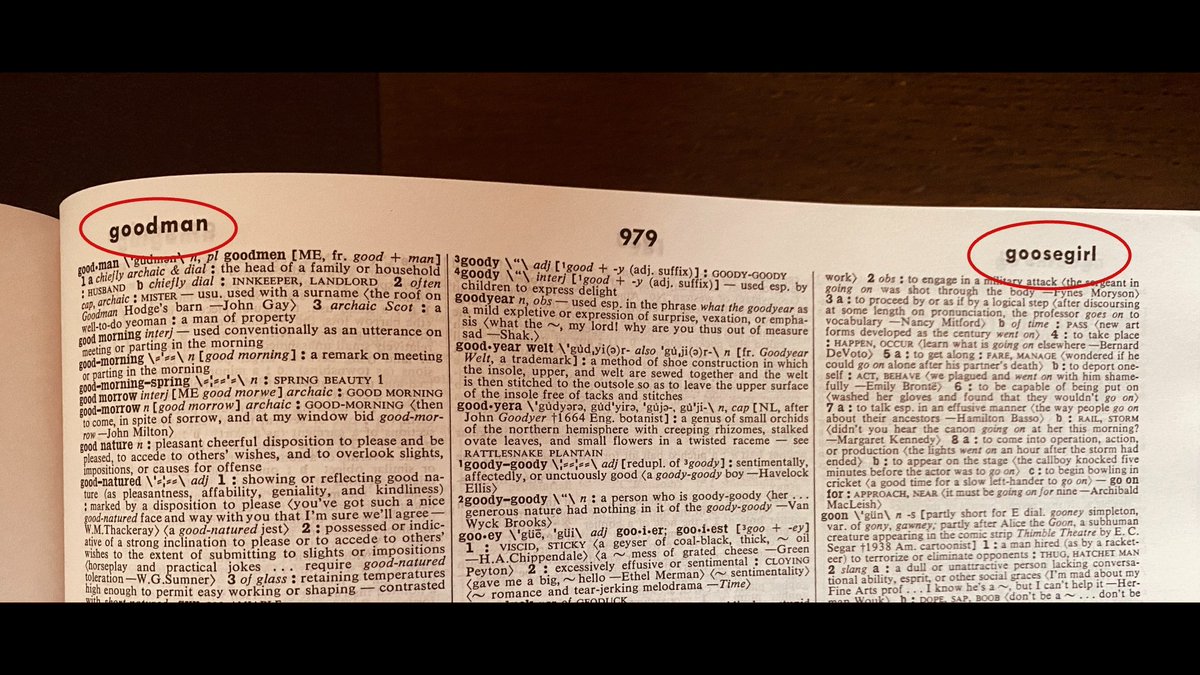
Merriam-Webster
@MerriamWebster
noun | a reference source containing words alphabetically arranged along with information about their forms, pronunciations, functions, and etymologies
ID:97040343
http://Merriam-Webster.com 15-12-2009 19:07:56
33,5K Tweets
1,0M Followers
1,0K Following





















